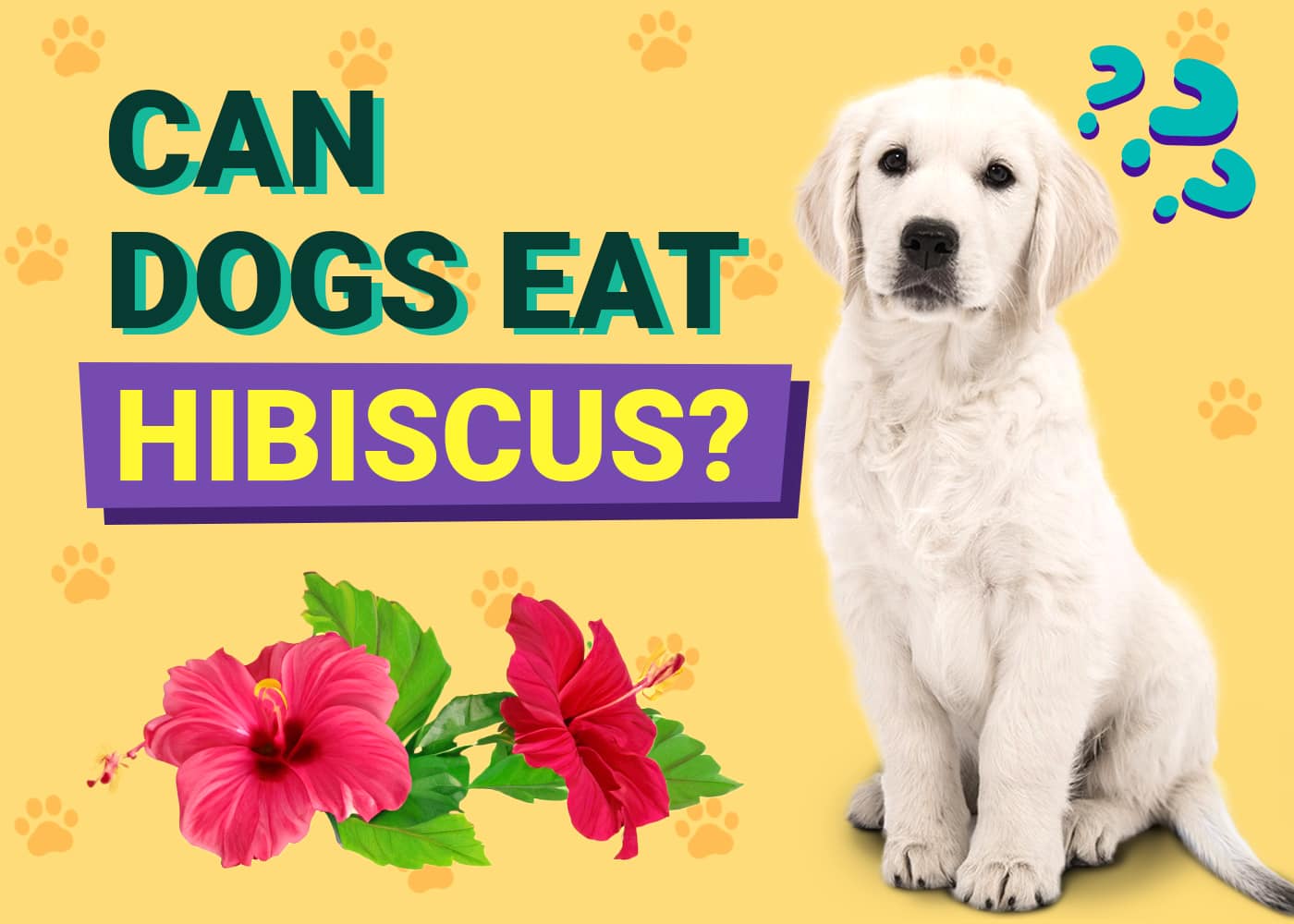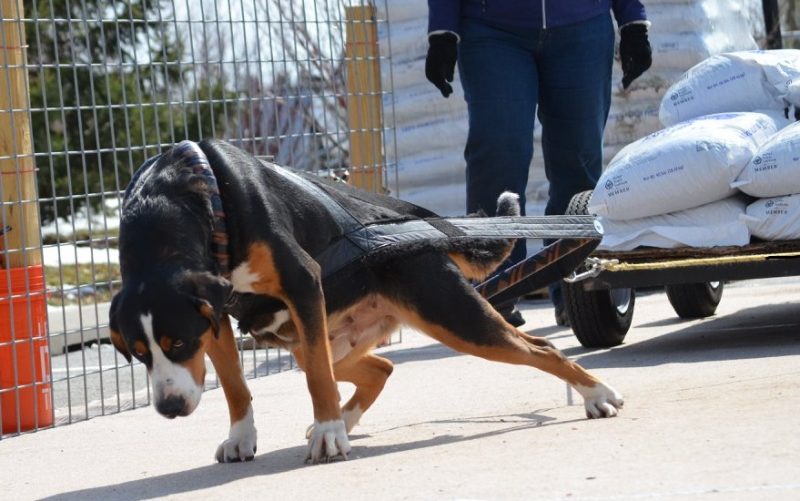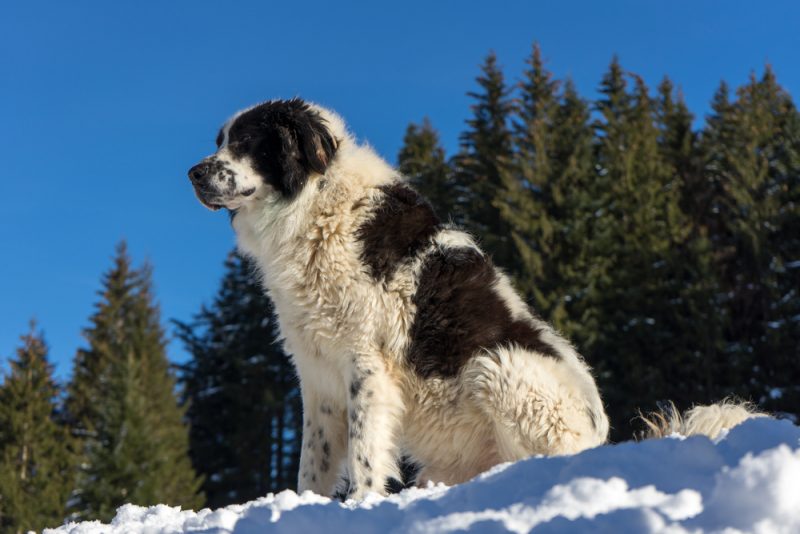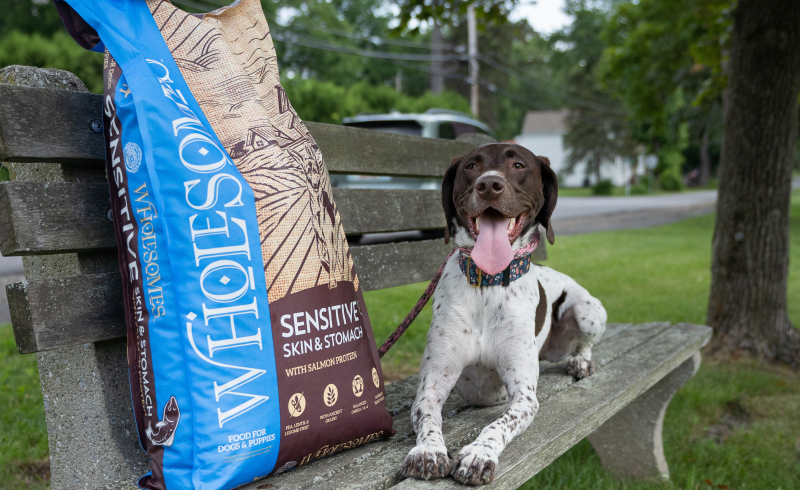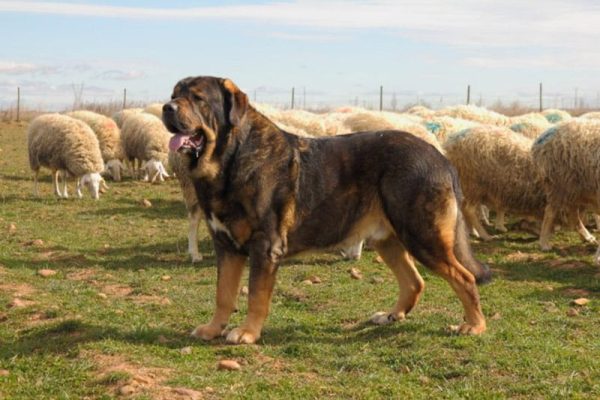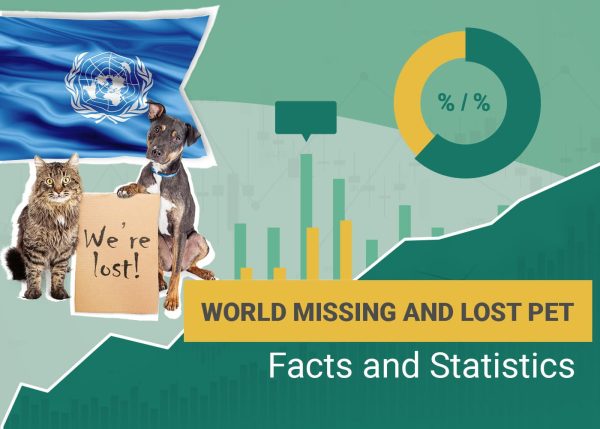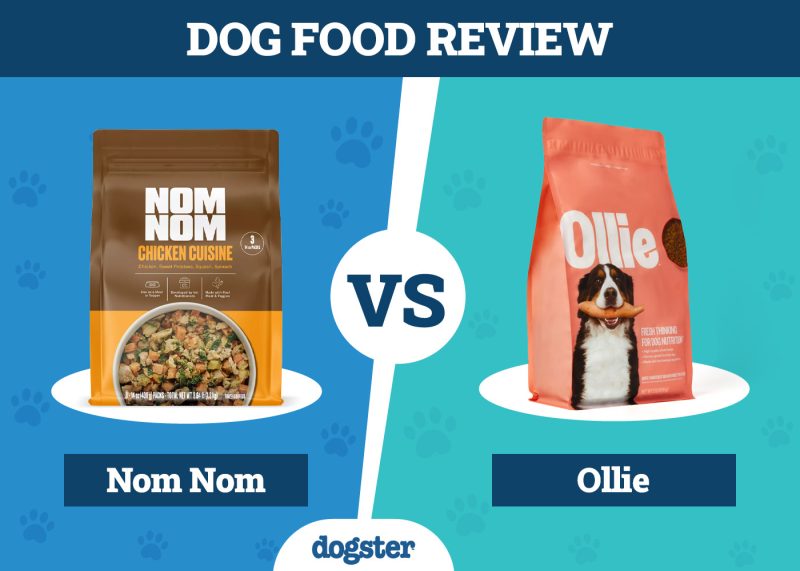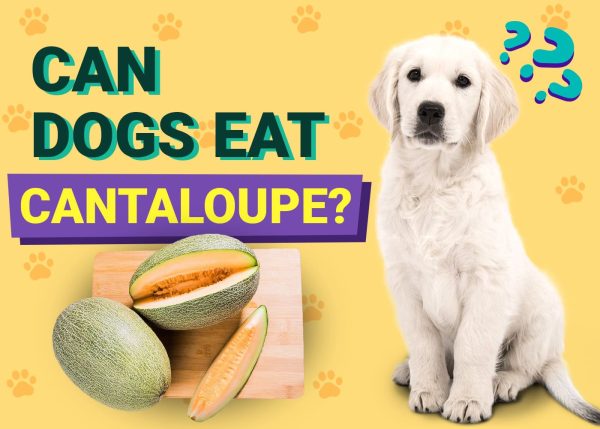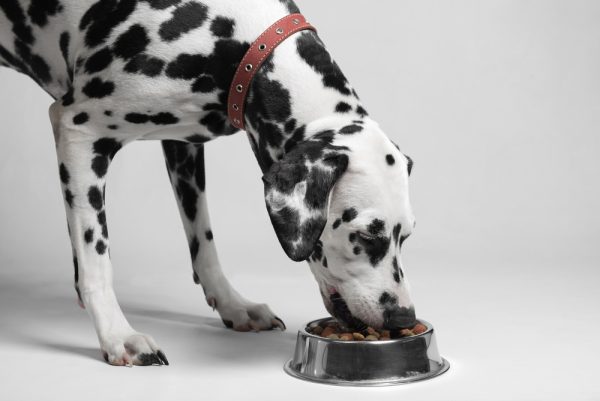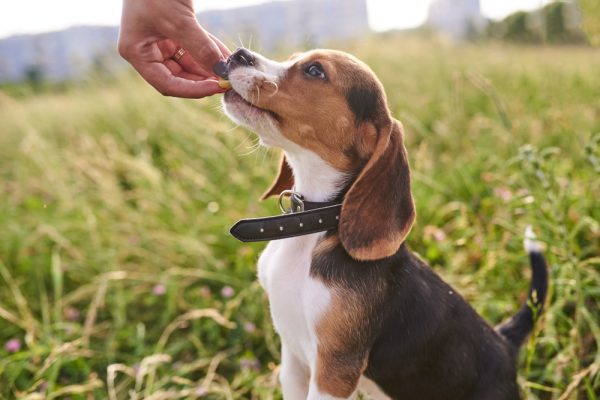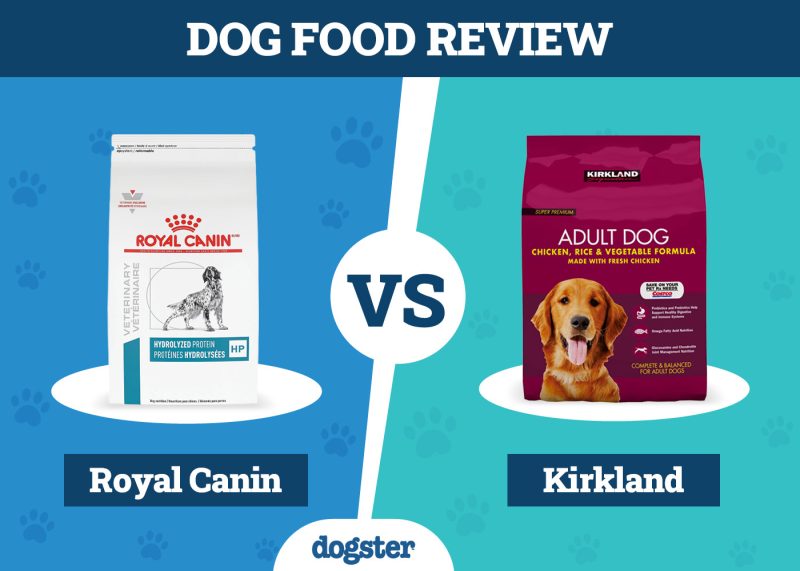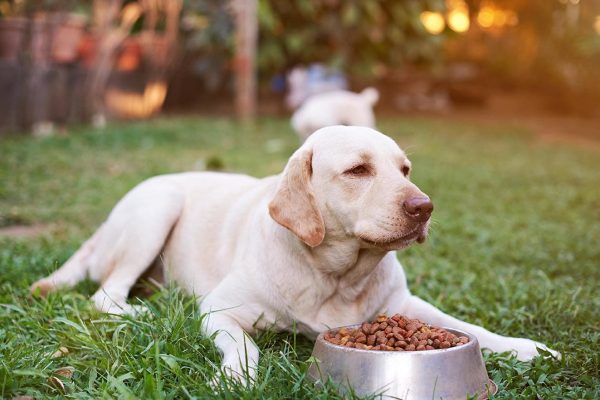In this article
View 2 More +When growing plants in our garden, many dog lovers aren’t aware of the possible toxicity our beautiful plants have which can harm our pets. Hibiscus is a type of perennial flowering plant that adds beauty to many gardens and is one of the many species that might be growing in your garden too.
Whether the plant is growing in a place within which your dog can reach, or the flowers frequently fall to the ground where your dog can eat them, you could be putting your dog at risk. While hibiscus is not toxic for dogs, they will generally experience negative health signs if they eat these plants. While many species of hibiscus plants are safe to grow around dogs, some varieties can be harmful if eaten by our canine companions, causing stomach upsets and other signs.

How Safe Is Hibiscus for Dogs?
There are over 200 different species of hibiscus plants, but only a few of them are known to be moderately toxic for dogs to eat. Many dogs, especially curious puppies, will occasionally try to eat things that they find around your home and garden, including certain types of plants. The ASPCA lists the popular Hibiscus syriacus (Rose of Sharon) as a non-toxic plant and there are no reports of it being fatal to dogs if ingested. However, online there are mixed reports of its toxicity to dogs.
Dogs may suffer gastrointestinal problems like vomiting and diarrhea if they consumed a significant amount of hibiscus. Even if the hibiscus plant itself isn’t toxic to dogs, the roots could be. This is thought to be because harmful compounds like saponins are more concentrated in the roots of these plants.
It’s important to take your dog to a veterinarian if you suspect they have eaten a significant amount of a hibiscus plant, regardless of the part of the plant they have eaten. If the type of hibiscus is known to be poisonous to dogs, your dog should be taken to a veterinarian even if they are not showing any signs.
If you need to speak with a vet but can't get to one, head over to PangoVet. It's our online service where you can talk to a vet online and get the advice you need for your pet — all at an affordable price!
What Happens If Your Dog Eats Hibiscus?
If your dog consumes a significant amount of hibiscus, whether it be the leaves, flowers, or stems, you might notice that they show signs of gastrointestinal upset. Your dog’s signs may vary depending on the amount and type of hibiscus they have consumed.
- Mouth irritation (blisters, swelling)
- Excessive salivation
- Appetite loss
- Vomiting
- Diarrhea
- Nausea
- Abdominal pain
Another concern is if the hibiscus plant contains chemical-based herbicides or pesticides. Your dog may also experience poisoning depending on how much of the chemicals they consumed. The effects your dog may experience are usually influenced by the type of pesticide or herbicide that was used on the hibiscus plant since some have relatively low toxicity.
Certain pesticides and insecticides can cause mild stomach upset in dogs, while others can even be fatal for dogs if ingested. This makes it important to ensure that you are using pet-safe plant treatments around your dog to prevent poisoning them.
Dogs that are experiencing vomiting and diarrhea are at risk of becoming dehydrated, so be sure to take them to a veterinarian if these signs worsen or don’t subside. It’s also a good idea to consult with a veterinarian for advice if they have eaten any plants that you cannot confidently determine as non-toxic to dogs.
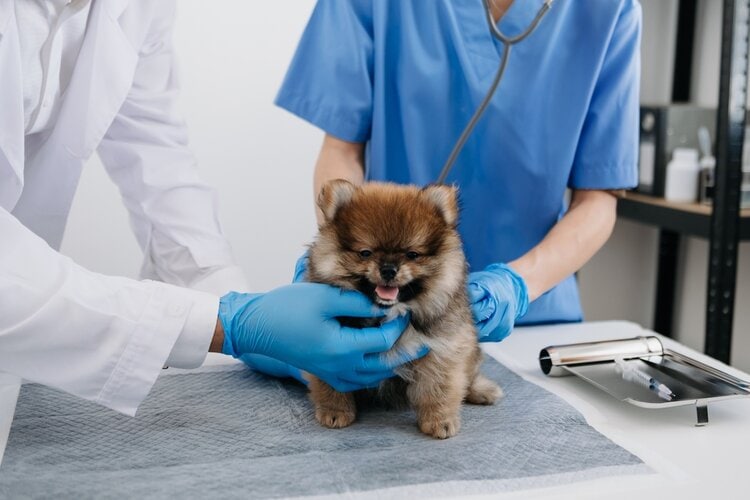

FAQ
Which types of hibiscus plants are bad for dogs to eat?
Ideally, dogs shouldn’t be eating hibiscus plants at all. However, this doesn’t stop a curious dog from munching on the brightly colored flowers and fallen leaves.
Most varieties of hibiscus are not thought to be toxic to dogs, with the main issues after ingestion being gastrointestinal problems. Unless your dog has a severe allergy to the compounds in the plant, dogs who ingest non-toxic species of hibiscus plants usually recover from their stomach upsets.
Can you grow hibiscus plants around dogs?
There are hundreds of different varieties of hibiscus plants and it can be very difficult to determine which are potentially toxic. So yes, while you can grow non-toxic species of hibiscus around dogs, you shouldn’t grow this plant if your dog is likely to try and eat parts of this plant. Some dogs are more adventurous than others and take a liking to digging, chewing, and eating plants in our gardens. If this is the case, you should grow the hibiscus in an enclosed area or out of reach where your dog cannot access the plant.
When growing any plants, avoid using harmful chemical treatments (certain pesticides, herbicides, fertilizers) on the plant that are known to be toxic for dogs. When sharing a love for both dogs and plants, we should always aim to prevent our love of plants from interfering with our dog’s safety.
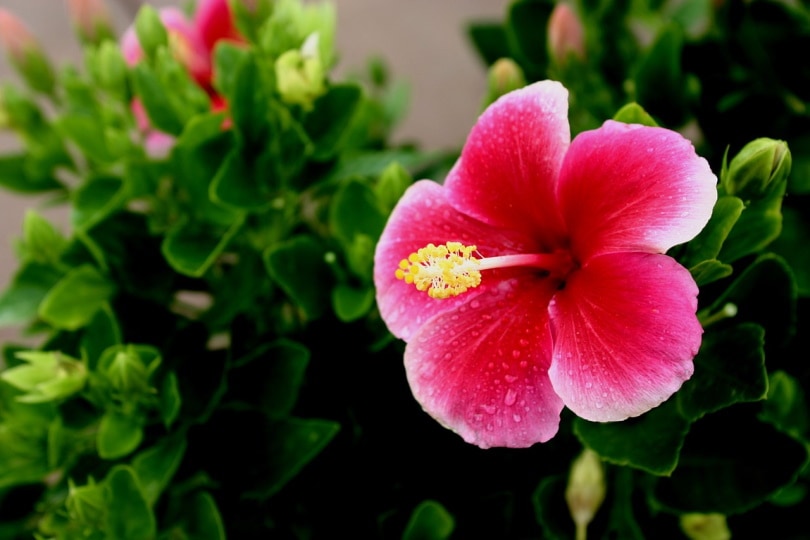
Which hibiscus plants are harmful to dogs?
Little information is known about the harmful effects on dogs who have eaten hibiscus plants and there are also few reputable records available on hibiscus plants that are poisonous to dogs. With this in mind, dog owners should be mindful of growing species of hibiscus that aren’t common for gardens, since they will have fewer reports on potential poisoning in dogs. Even though the ASPCA lists the Rose of Sharon as a non-toxic hibiscus plant, some dog owners report that their dogs suffer from gastrointestinal problems after ingesting this plant.

Conclusion
Common hibiscus plants that grow in home gardens aren’t usually poisonous to dogs, however it’s best to err on the side of caution and keep them out of your dog’s reach or grow plants that are known to be pet friendly instead. If your dog has eaten a large part of a hibiscus plant, they are likely to suffer from gastrointestinal issues like vomiting and nausea due to the irritating compounds found in the hibiscus’s foliage and roots.
In some cases, a dog may need to be taken to a veterinarian if their signs become severe or they are experiencing an allergic reaction to the plant.
- Related Read: Can Dogs Eat Avocado? Vet-Reviewed Facts & Safety Guide
Featured Image By: billyghawaii, Pixabay
